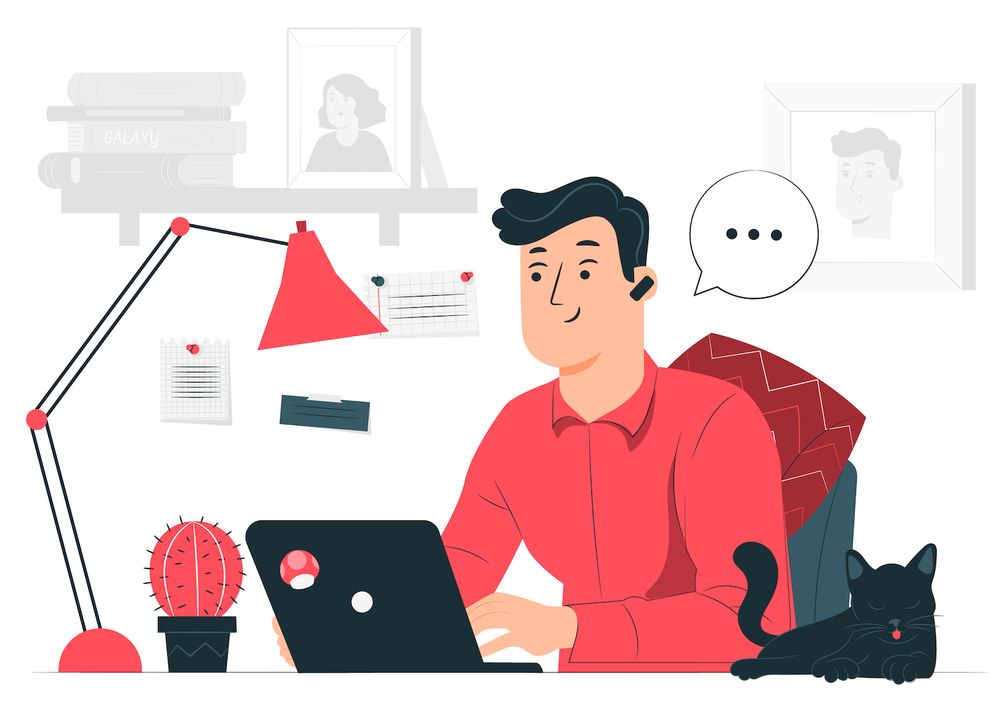How the creative director creates the most memorable marketing content
According to Alex Wilson, Executive Creative Director at Amplify Making marketing content is just like making anything else: it's all about grabbing (and keeping) people's attention. "You could inform using the lens of entertainment," Alex says. Alex. "I believe that people aren't averse to being advertised or marketed to if they enjoy it."
Amplify is a world-class creative agency that specializes in experiential marketing, creating big-scale events and experiences for major brands such as Playstation, Netflix, Levi's, and many more. "We can bring creativity into the world of all media," says Alex. "Historically, we're known as more of a brand agency that focuses on experience, but content was always at core of what we were working on."
We were able to sit down with Alex to learn more about the process of his creativity and views on the present marketing landscape. Find out what he said in our conversation, or check out the interview above.
What's the name of your North Star when it comes to creating video?
"Our goal is to educate and entertain. This is one of the main advantages that video media has. It allows you to do that with a captive viewership. When someone is brought at us and wants to utilize this technology to accomplish some thing, we consider that moment as purely a singular scene or canvas that is part of a larger work of narrative."
How do you make sure you're making something great? How do you stay on the right track?
"Audience, always. Whoever we're talking to is crucial. Are you speaking to them in the ways they'd like to be talked to in the manner they'd like to be talked to? It is important to begin with the audience and how you can best speak to them and bring their experience to them. Do not interfere with their experiences, but to elevate it."
What type of content is appropriate for a specific client?
"Whether you're looking for an immersive TV show to find the biggest supporter of a specific television show on Netflix and whether or not it's about creating an entire world centered around smartphone and breaking the norm of what a retail environment can be, to launch the latest sneakers, or the most recent game. Our work begins with the viewers and eventually the concept and how we can implement that concept across a multitude of platforms.
We don't necessarily like to work to a specific output. Our clients and briefs often come to us with this, but that's what that compromise, collaboration, and co-creation originates from. will allow you to discover the ideal solution, even if it wasn't always what they expected that it would be in the first place."
How do you evaluate the effectiveness of your work?
"For us, it's about 'Did the story we told authentically to the audience we designed it for?' That's the only thing we have to understand. We are often working with cultures and subcultures. We have an amazing section of our agency that looks at the culture. Our agency has always agency, been very in line with that.
We try to work with people rather than broadcast directly to them. Instead, we invite people into the process to collaborate and help us create the content and experiences together, in order so that it's an enjoyable experience for them as well as their audience. There's no clear answer as to what success can mean, but if we created content with a style that is well accepted by the viewers it's a big win for us."
What's the best piece of advice you've ever received?
"My chief creative director, Jeavon Smith, said the phrase to me "Ignore the background noise.' I think ignoring the noise is very valuable in a lot of scenarios. I think it allows you to focus upon what you're trying to accomplish and also what other people have to offer you and move together with one another because there's a hell of a lot of noise that goes on."
How do you use ?
"Lots of employees in the studio and the agency use it in lots of different ways. Inspiration is definitely one of these. Discovering new talent is an excellent opportunity for us for that. As for internal application, we think about the work we have done at the very least as a portfolio the work we've done. In the event that we require an the source of what we have done in this article or record this in some manner it allows us to return and retrieve this."
